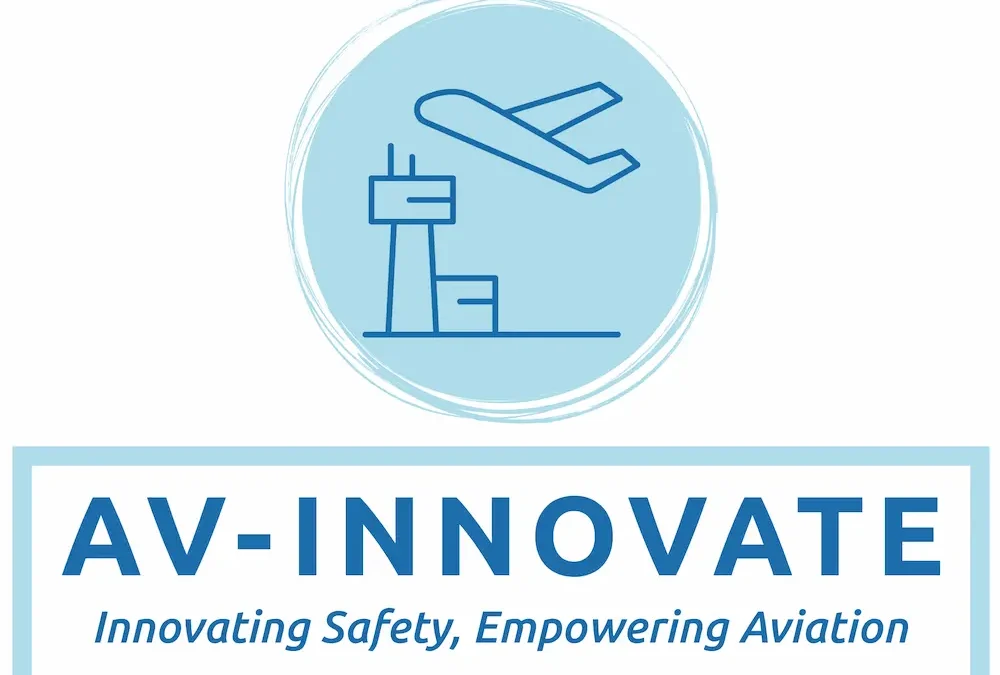Introduction:
In the dynamic and highly regulated aviation industry, effective management systems play a crucial role in ensuring operational excellence, safety, and compliance. Traditionally, aviation organizations have implemented separate management systems for quality, safety, environmental, and other key areas. However, there is a growing recognition of the benefits that can be achieved by integrating these systems into a single, cohesive framework. This article explores the advantages of integrating management systems in aviation organizations and highlights the value it brings to the industry as a whole.
1. Streamlined Processes and Reduced Redundancy:
By integrating management systems, aviation organizations can streamline their processes and eliminate duplication of efforts. Instead of maintaining separate systems for quality, safety, and environmental management, for example, an integrated approach allows for the consolidation of common processes, documentation, and resources. This reduces the administrative burden and creates operational efficiencies, enabling organizations to allocate resources more effectively.
2. Improved Risk Management
Integration of management systems facilitates a holistic view of risks and their interdependencies. By considering quality, safety, environmental, and other aspects together, organizations can better understand the potential impact of risks on multiple areas of their operations. This comprehensive approach enhances risk identification, assessment, and mitigation strategies, enabling organizations to proactively manage risks and prevent incidents or non-compliance.
3. Enhanced Compliance and Regulatory Alignment
Aviation organizations face a myriad of regulatory requirements from various authorities, including aviation safety, environmental, and quality regulations. An integrated management system ensures that all regulatory requirements are addressed collectively, reducing the risk of oversight or non-compliance. By aligning with international standards such as ISO 9001 (Quality Management), ISO 14001 (Environmental Management), and ISO 45001 (Occupational Health and Safety), organizations can demonstrate their commitment to meeting global best practices.
4. Increased Cost Savings
Integration of management systems can lead to significant cost savings for aviation organizations. By eliminating duplicated efforts, organizations can optimize resource allocation and reduce administrative costs associated with maintaining multiple systems. Additionally, a streamlined approach to risk management can help identify potential cost-saving opportunities, such as more efficient processes, optimized resource utilization, and improved supply chain management.
5. Heightened Organizational Resilience
In the face of unexpected challenges, such as global pandemics or natural disasters, integrated management systems provide aviation organizations with enhanced resilience. A comprehensive approach enables organizations to adapt and respond more effectively to crises by considering their impact on multiple aspects of the business. This includes the ability to implement robust contingency plans, address supply chain disruptions, and ensure the continuity of critical operations.
6. Improved Performance Monitoring and Reporting
Integration of management systems enables aviation organizations to develop unified performance metrics and reporting mechanisms. By aligning key performance indicators across quality, safety, environmental, and other areas, organizations gain a comprehensive view of their overall performance. This allows for effective monitoring, analysis, and reporting of performance trends, enabling data-driven decision-making and continuous improvement initiatives.
Conclusion
The integration of management systems in aviation organizations offers a wide range of benefits, including streamlined processes, improved risk management, enhanced compliance, cost savings, organizational resilience, and improved performance monitoring and reporting. By adopting an integrated approach, aviation organizations can unlock synergies, improve operational efficiency, and ensure a cohesive and holistic approach to managing quality, safety, environmental, and other key aspects of their operations. As the aviation industry continues to evolve, embracing integration is a strategic imperative for organizations seeking to stay ahead and thrive in a rapidly changing environment.
